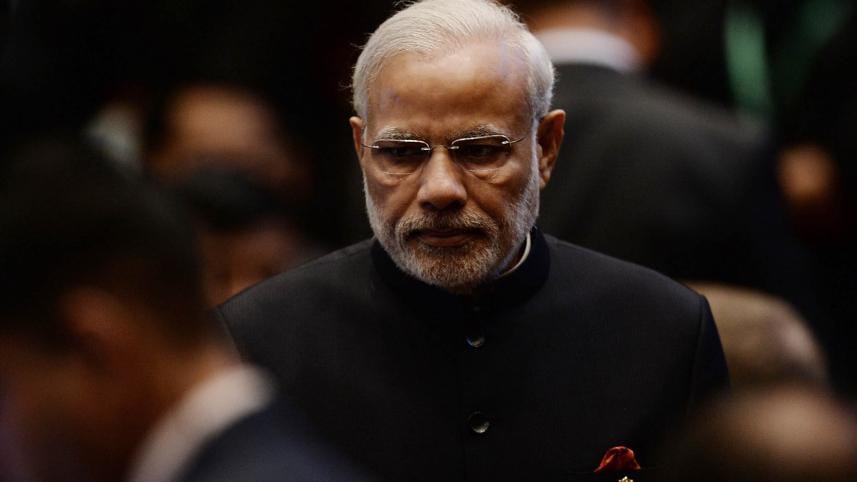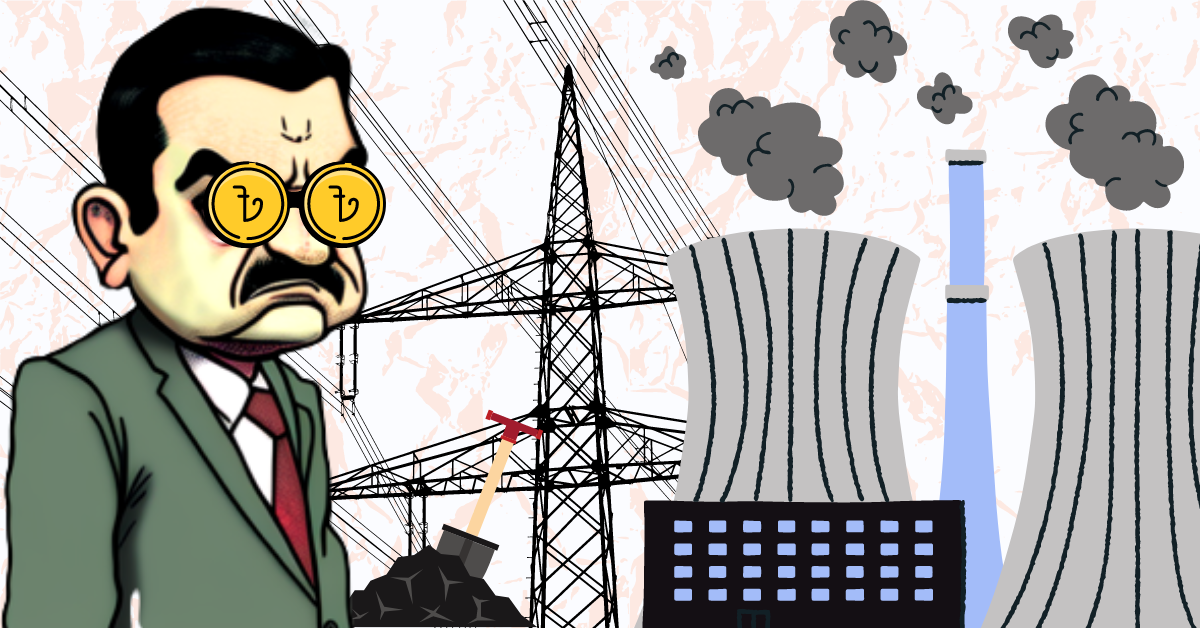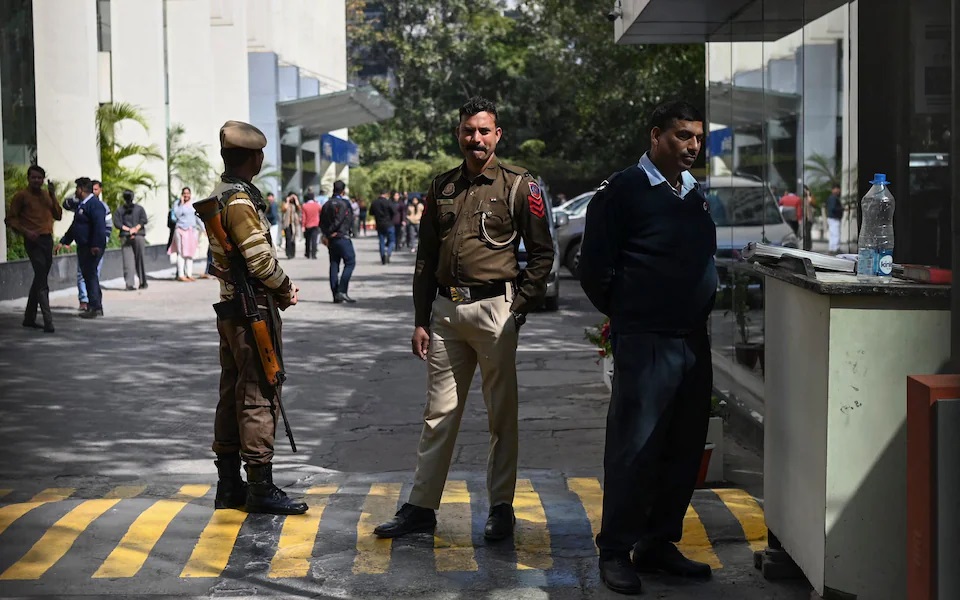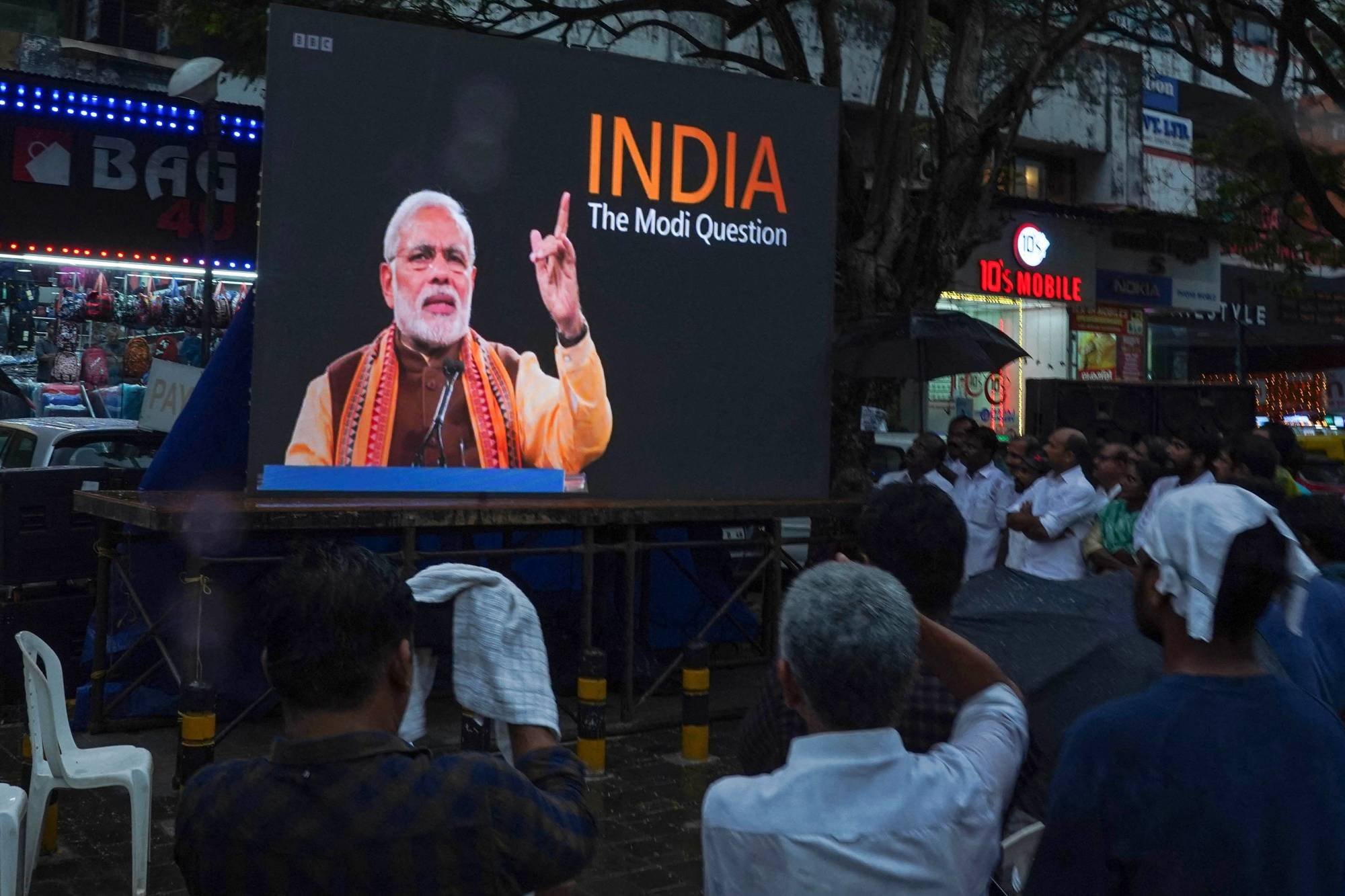Is BJP's policy of exclusion and segregation backfiring?

Since losing its only southern stronghold Karnataka, the BJP's political actions have sparked widespread debates and speculations regarding the saffron party's unprovoked assertion of power. The Delhi Ordinance, and Prime Minister Narendra Modi's decision to inaugurate the new parliament building himself, instead of the president, are two latest actions that have garnered scrutiny. Opposition parties and legal experts have viewed the recent antics as the ruling party's ongoing onslaughts on democracy and federalism.
On May 19, after BJP lost key state Karnataka to Congress, the Union government hastily promulgated an ordinance that undid the Supreme Court's verdict – passed on May 11 – which gave Aam Aadmi Party (AAP), the elected government of Delhi, primacy and control over the transfer and posting of officials in the National Capital Territory (NCT).
The ordinance reincarnates the supreme authority of the lieutenant governor – an arm of the Centre – to have the final word in transfers, postings, prosecution sanctions, disciplinary proceedings, vigilance issues, etc of civil service officers deputed to Delhi government departments. The Supreme Court verdict, derived from the constitution, was meant to solve the issues created by the Union Ministry of State Affairs in 2015, which shifted the power to the LGs and left the Delhi government in the dark while systemic corruption blossomed. Reports have shown that several honest and efficient officials were often penalised for their merits and subjected to punishment postings under the control of the Centre-appointed bureaucrats.
The ordinance rides roughshod with the Supreme Court's verdict and essentially denies the people of Delhi the right to control their own fate through a government they directly elected. It has been interpreted as an assault on the federal structure of the country by attempting to concentrate power in the hands of the Union government. Criticising the Modi government's actions, Supreme Court advocate Gopal Sankaranarayanan told The Print, "The fundamental principles of democracy and federalism on which the Supreme Court judgment was based has effectively been thrown overboard by a stroke of the executive pen."
Ordinances are passed in emergency situations, and many have been rightly questioning what urgency led the Indian government to risk such a confrontation with the Supreme Court. Not unexpectedly, the move has angered leaders in state governments.
Since the ordinance, Delhi Chief Minister Arvind Kejriwal of AAP – which backed BJP on instances such as the abrogation of Article 370 in Jammu and Kashmir – is now on a nationwide tour to garner support from non-BJP leaders. In a joint press conference with Kejriwal, Thackeray – former chief minister of the state of Maharashtra – said they're coming together to "defeat forces against democracy." The Punjab chief minister also castigated the ordinance, and tweeted, "If there was a provision of punishment for the killers of democracy in the Indian Constitution, then the entire BJP could have been hanged."
While state governments unite against the Delhi Ordinance, 20 opposition parties jointly boycotted Modi's inauguration of the controversial new parliament building, built at a high cost of $120 million, overriding objections from opposition parties, environmentalists, and civil groups. The opposition have viewed Modi's decision to inaugurate the new parliament building himself, instead of President Droupadi Mumu, as an "undignified act insulting the high office of the president," and "a direct assault" on India's democracy. D Raja, a senior Communist Party of India leader, wrote on Twitter: "Obsession with self-image and cameras trumps decency and norms when it comes to Modi ji."
Some analysts have speculated that these recent acts of one-upmanship and showcasing of executive power reflect BJP's strategy for the upcoming elections. Shiv Sena (UBT) leader Sanjay Raut criticised Modi for not inviting the president for the inauguration and said it was "being done for the elections."
But whether the BJP's actions constitute a political strategy or avarice, a united opposition won't bode well for the saffron party's future. For years, the beleaguered opposition has needed reasons to come together and unseat Modi. Satya Pal Malik, the pragmatic, laid-back politician, still a member of BJP, and once vice-president of the party, recently said in an interview, "If one opposition candidate is fielded against each BJP candidate in 2024, BJP will not get over 150 seats."
BJP's current pattern of making more and more enemies comes at a time when Narendra Modi's appeal to the people is not what it used to be, at least not in the southern part of the nation. Despite dozens of rallies in Karnataka, the BJP lost a whopping 36 seats to Congress.
The ruling party's humiliating defeat in Karnataka – where Congress won by the biggest margin of any victor in the state since 1989 – has been interpreted by political analysts as signs of an anti-incumbency wave towards BJP. By sidelining the head of state for the inauguration of the new parliament building, and repressing state governance, the BJP is igniting the possibility of an opposition coalition that can harvest anti-incumbency fervour in their favour ahead of the elections.
It would definitely be premature to overanalyse the victory of one state, and portend that the BJP is losing its grip, or that the party's electoral strategy of religious nationalism has lost its voter base. BJP is still poised to go into the general elections next year as frontrunners, unless they lose some or all of the remaining elections this year, in the central and the north, according to political analysts. The north is, as Dr DB Ambedkar has described, more conservative, educationally backward, and culturally ancient than the south. BJP's divisiveness continues to work well in the northern region, with the party controlling states like Uttar Pradesh, Madhya Pradesh, and Uttarakhand.
But some political observers have noted that the Congress' Karnataka win displays that swing voters are no longer as enthused by the BJP's fundamentalist narrative (Karnataka had been perceived as a "laboratory" for BJP's Hindu-nationalist ideology). BJP's indifferent manner of operating today by fumbling with the well-established institutional processes in the nation is nothing new, and something a lot of writers had been apprehensively warning about for a while. But after the Karnataka loss, and the latest moves that have antagonised opposition further, the BJP must introspect whether their policy of exclusion and segregation might be backfiring.
Ramisa Rob is a journalist at The Daily Star.




 For all latest news, follow The Daily Star's Google News channel.
For all latest news, follow The Daily Star's Google News channel. 



Comments